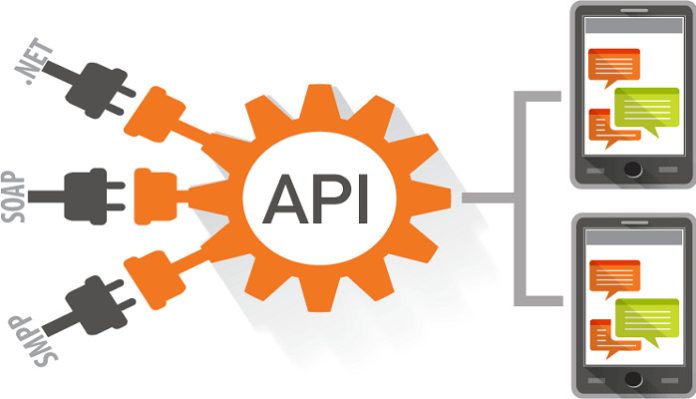Switching to a Short Message Provider API provider can significantly benefit businesses seeking efficient and streamlined communication solutions. As technology advances, businesses are increasingly recognizing the advantages of leveraging SMS APIs for their messaging needs. This guide explores the various benefits that come with transitioning to a Short Message Provider API provider, including enhanced reliability, scalability, and customization options that can positively impact overall communication strategies.
1. Improved Reliability and Message Delivery
One of the primary advantages of switching to an SMS API provider is the enhanced reliability and delivery of messages. Unlike traditional SMS services, Short Message Provider APIs offer direct integration with telecom carriers, reducing the chances of message delivery failures or delays. This ensures that critical business messages, such as transactional notifications or marketing campaigns, reach recipients promptly and reliably. The reliability of an SMS API contributes to a more seamless communication process, fostering trust between businesses and their audience.
2. Scalability for Growing Business Needs
Scalability is an important factor to take into account for companies who are experiencing growth or swings in the volume of their message. Flexibility is essential for accommodating changing business needs, and an SMS API enables such flexibility. An SMS application programming interface (API) is able to effectively manage rising demand, regardless of whether a company is sending a few hundred messages or scaling up to hundreds of millions of messages. This scalability is especially important for companies that have changing communication requirements since it enables them to modify their message strategy without having to worry about the restrictions of the system.
3. Real-Time Message Tracking and Analytics
Making the switch to an SMS application programming interface (API) provides organizations with the ability to monitor and analyze messages in real time. Through the use of this tool, companies are able to track the progress of messages that have been sent, including delivery confirmations and answers. Through the provision of instantaneous insights into the success of messages, real-time monitoring makes campaign management more effective. Important information on open rates, click-through rates, and general engagement can be obtained via analytics tools related to SMS APIs. Businesses are able to analyze the efficacy of their SMS campaigns, make choices based on the data, and modify their messaging tactics in order to achieve better outcomes thanks to these indicators.
4. Customization for Targeted Messaging
An SMS application programming interface (API) gives companies the ability to tailor their messages, which enables them to communicate in a manner that is more targeted and individualized. Companies can insert recipient names dynamically, customize information depending on user choices, and integrate tailored calls to action into their communications. With this degree of personalization, the relevancy of SMS messages is improved, which in turn increases the possibility that receivers will interact with the messages. In marketing initiatives, when tailored information has the potential to enhance the entire consumer experience and drive desired behaviors greatly, customized messaging is highly successful.
5. Integration with Business Systems
Integration capabilities are a key advantage of SMS APIs, allowing businesses to connect their messaging systems with other business applications seamlessly. Whether it’s integrating with CRM systems, e-commerce platforms, or customer support tools, an SMS API can facilitate a unified communication ecosystem. This integration streamlines workflows, reduces manual effort, and enhances overall operational efficiency. Businesses can automate the sending of transactional alerts, appointment reminders, or order confirmations directly from their existing systems, creating a more cohesive and responsive communication strategy.
Conclusion
The decision to switch to a Short Message Provider API provider brings numerous benefits to businesses, including improved reliability, scalability, real-time tracking and analytics, customization options, and seamless integration with existing business systems. The enhanced reliability of SMS APIs ensures the timely delivery of critical messages, fostering trust between businesses and their audience.
Scalability is crucial for accommodating changing messaging volumes, providing flexibility for businesses with dynamic communication needs. Real-time tracking and analytics empower businesses to measure the effectiveness of their SMS campaigns, while customization options and integration capabilities contribute to more targeted and cohesive communication strategies. Overall, adopting an SMS API aligns with modern communication trends, offering businesses the tools they need for efficient and effective messaging.



